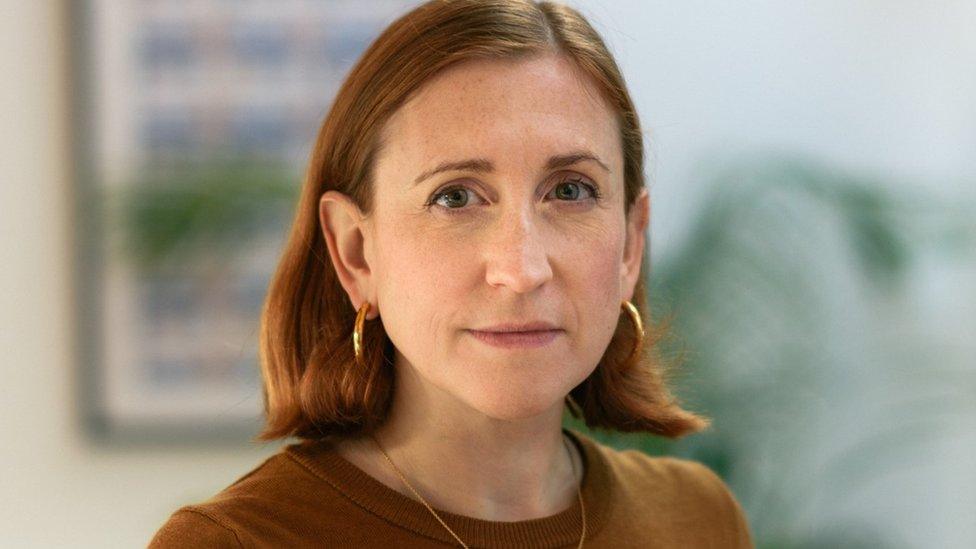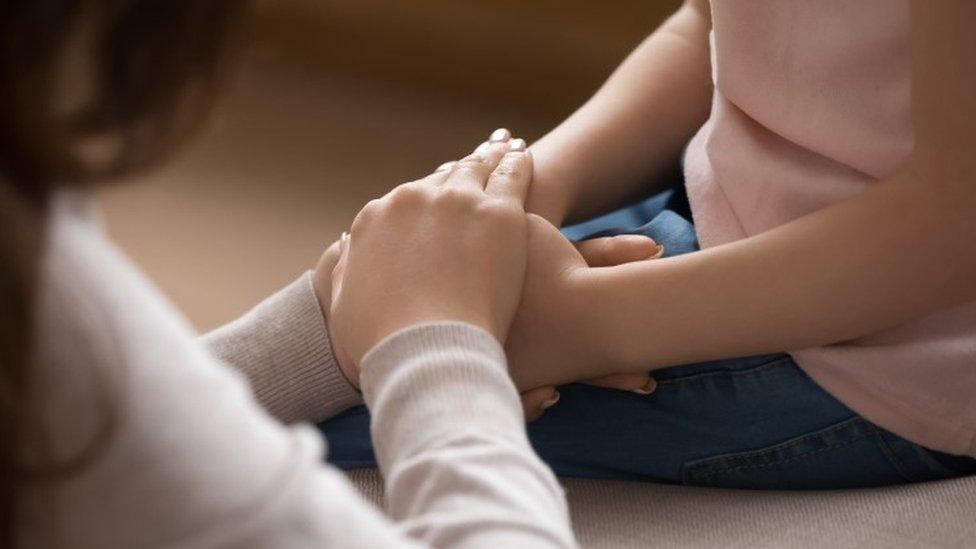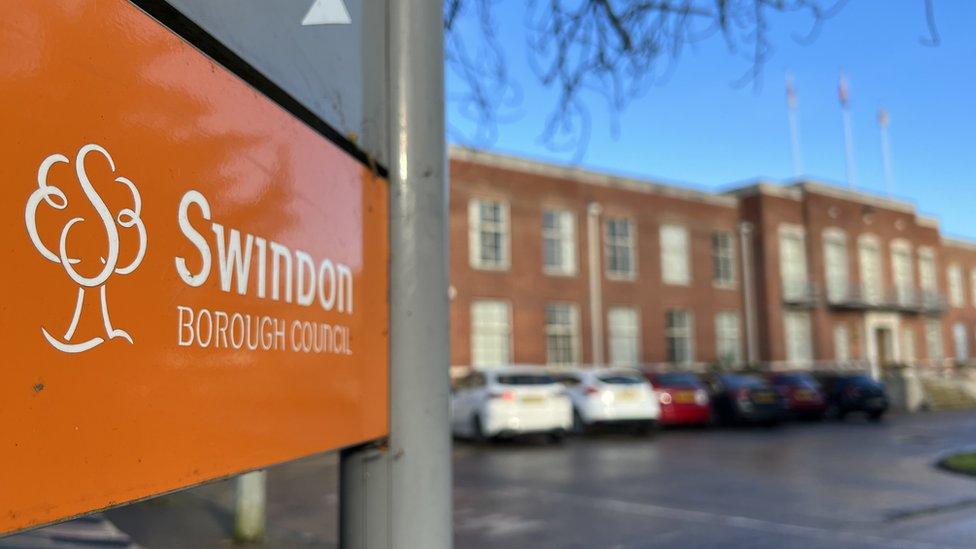Charity Become said some children were 500 miles from home
- Published

Councils said there was a "fundamental lack of suitable homes" for children in care
One in five children in care are being placed more than 20 miles from their local area, a charity has warned.
In extreme cases, the organisation Become said it had seen cases of children being placed 500 miles away.
It said distant placements could be "extremely harmful", leaving children "lonely and isolated."
The Department for Education (DfE) said £259m had been invested to create more placements for children in "high-quality and safe homes".
Analysis by the charity of government data shows that, as of March 2022, there were more than 82,000 children in care across England.
Of those, 21% had been placed more than 20 miles from their original home, up from 16% in March 2012.
It also found that Cumbria had the highest rate of out-of-area placements of any local authority in England, with 56% living more than 20 miles from home.
Lincolnshire was second highest at 47%, while Dorset was third at 46%.

Analysis by the charity of government data shows that, as of March 2022, there are more than 82.000 children in care across England
The charity called on the government and local authorities to "commit to stop children being placed miles from home".
Its findings came from Freedom of Information requests to the Department for Education (DfE) and to 151 local authorities in England between October 2022 and February this year.
A total of 138 local authorities (91%) responded, but the charity said many were unable to provide full responses and some local authorities were not able to provide any information.
'Loveless and empty'
Ezra Rose, 23, from Staffordshire, entered the care system when she was 12.
Her first placement was 12 miles from home, a distance she found "quite isolating".
"I remember travelling in a taxi to and from school every day, which was really draining for me," she said.
"There were signs that I wasn't happy there, but they weren't really picked up on, you know, because of, I think, the distance played quite a big role in that.
"The care system at the moment is extremely cold, and it feels very loveless and empty, and it's just really difficult to grow up in that system, you know."

Katherine Sacks-Jones, CEO of Become, said distant placements can have cause children to feel "lonely and isolated"
Katherine Sacks-Jones, chief executive of Become, said distant placements had an "impact on mental health" and could have "long-term ramifications into adulthood."
Government guidance said "wherever possible, children requiring such provision should be placed as close to their existing family networks and support systems as is possible and appropriate".
Become said it accepted there were often good reasons why children were placed far away from their local areas such as to "safeguard them from exploitation or harm, or to move in with or closer to wider family connections".
'Lack of suitable homes'
A Local Government Association spokesperson said: "The welfare of children in care is paramount to councils, and that includes identifying the best possible home to meet their needs."
It said "too many children are placed further from home than we would like" but councils could not fix the problem alone.
The government had committed to trialling two regional care co-operatives to try to improve the availability of local placements, along with support for all councils with commissioning.
"However, this will take time to see results, and better commissioning will not address a fundamental lack of suitable homes," they added.
A Department for Education spokesperson said: "Every child deserves to live in a safe and stable home and local authorities have a responsibility to place children in an environment that is in their best interests, usually within 20 miles of their home.
"We are investing £259m to create more placements for children in high-quality and safe homes, while developing a new model for care placements to keep more children close to home networks."
- Published2 April 2023

- Published24 December 2019

- Published25 January 2023
